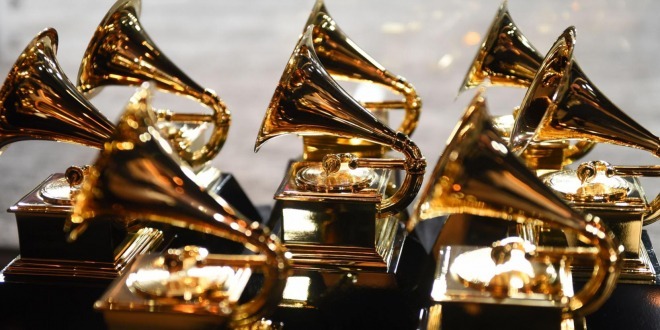The Grammy Awards have changed their process by doing away with the anonymous nomination review committee. It’s been a bit overdue because musicians have been fed up with the voting situation. The decision came hours after The Associated Press reported the academy was deciding whether or not to eliminate its review committees.
Harvey Mason Jr., the academy’s interim president and CEO, says that he’s happy with the growth and transformation that they’re able to do with the awards process. Despite the change, the one thing that’ll remain the same is the Grammy Award will be peer-reviewed and peer-voted in music. They want to refine their decisions when it comes to awarding people by having a thorough review of music all year. This has the potential to right some wrongs when it comes to people getting their just due. When of the major mistakes was The Weeknd not getting any nominations when he had the largest single, “Blinding Lights.” Not to mention, his album “After Hours” broke the record for the most global pre-adds in Apple Music history back in March 2020 with over 1.02 million users.
The criteria are a bit more stringent this go around. Nominees will now based on votes made by 11,000+ voting and 90% of the members will go through a re-qualification process to ensure their actively involved in creating music. For the top 4 Grammy Awards (album, song, record of the year, and new artist), a review committee of 20 music generalists selected the top 8. The majority of nominations of the Grammy categories were voted on to help safeguard specific genres and keep the integrity together. Additionally, it served as checks and balances to ensure no one got a serious leg up in their nominations.
Even with all of this going on, there were still inquiries about what happened behind closed doors. More transparency is needed to see the fate of the finalists when it comes to getting to that last decision. Some claimed that members of key nominating committees promote projects they’ve worked on or due to the personal/business relationships they may have with artists up for an award. In the past, this certainly posed a serious conflict of interest because of favoritism. Last year, musicians that were invited to participate in a nomination review committee had to agree on terms of a conflict of the interest disclosure form. It’s done on the basis of whether that nomination would benefit them financially or creatively.
All of this is in response to creating an even playing field when it comes to awarding deserving artists. The 64th annual Grammy Awards will air live on January 31, 2022.

